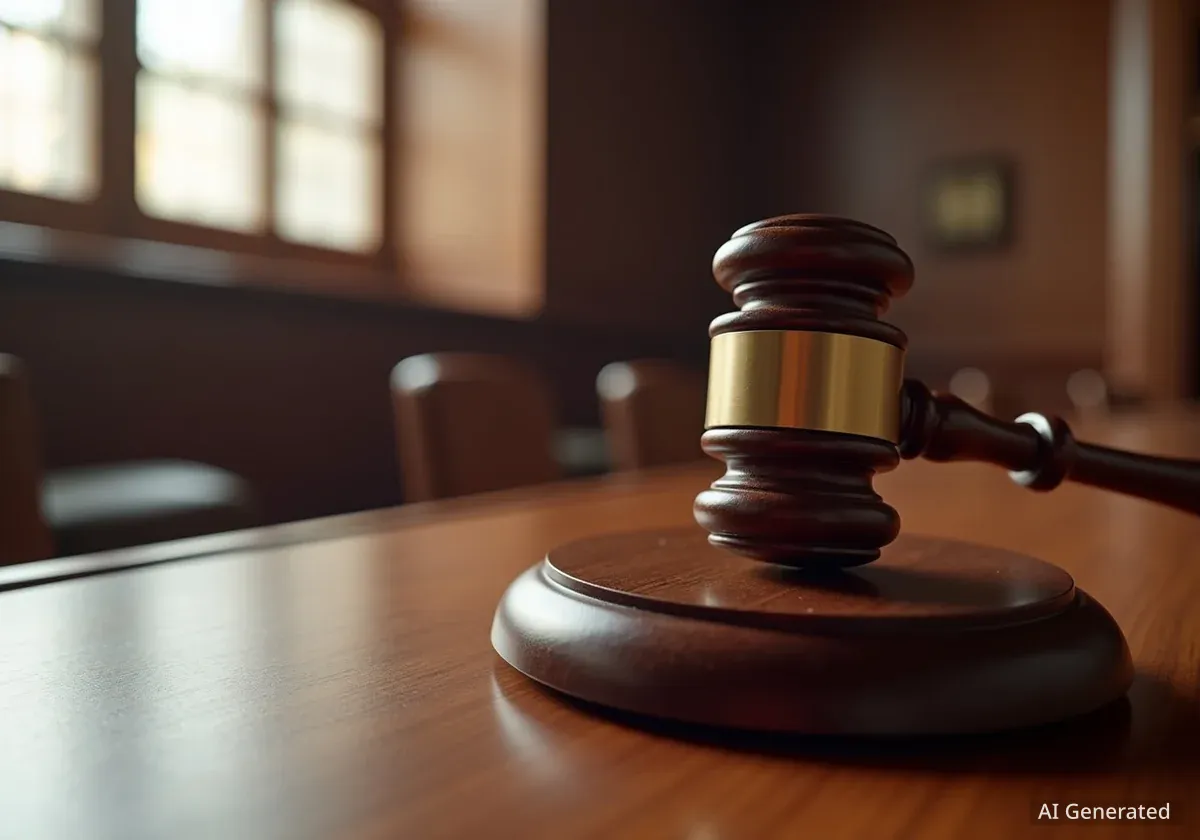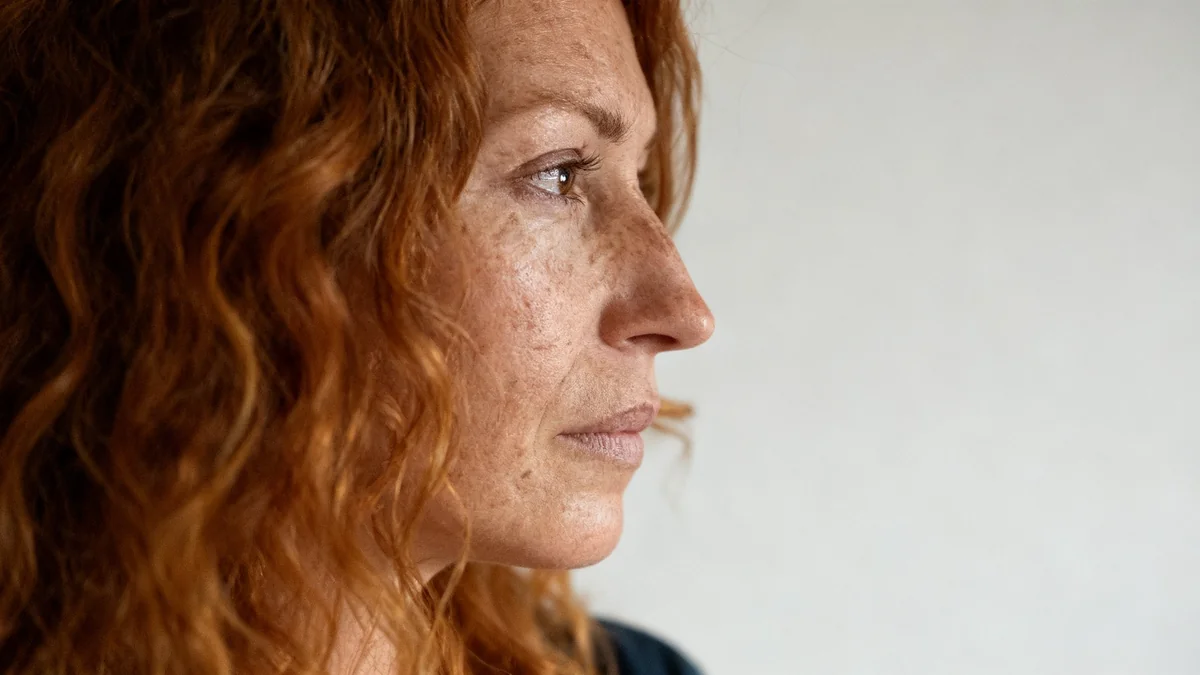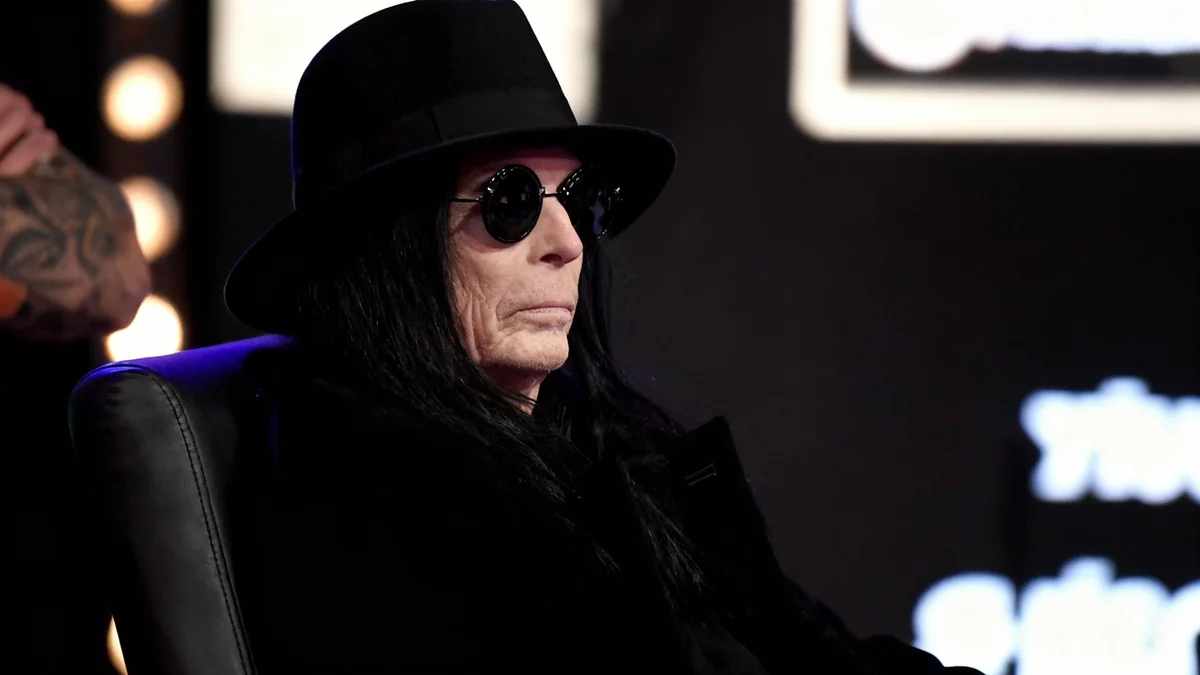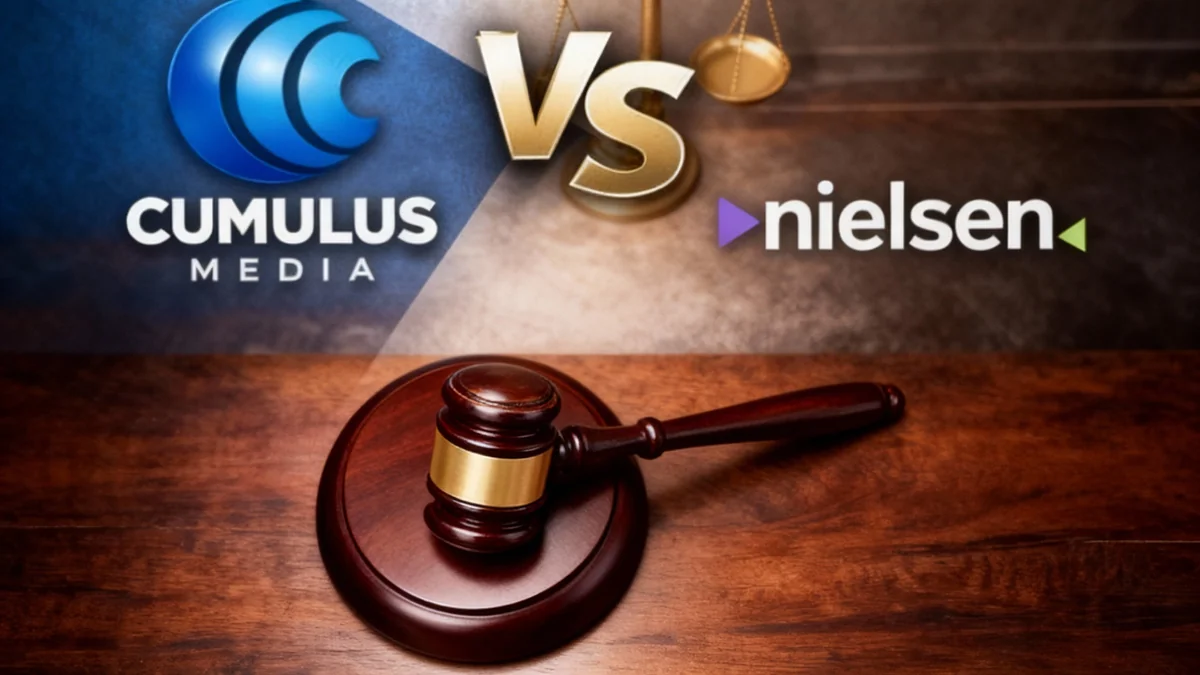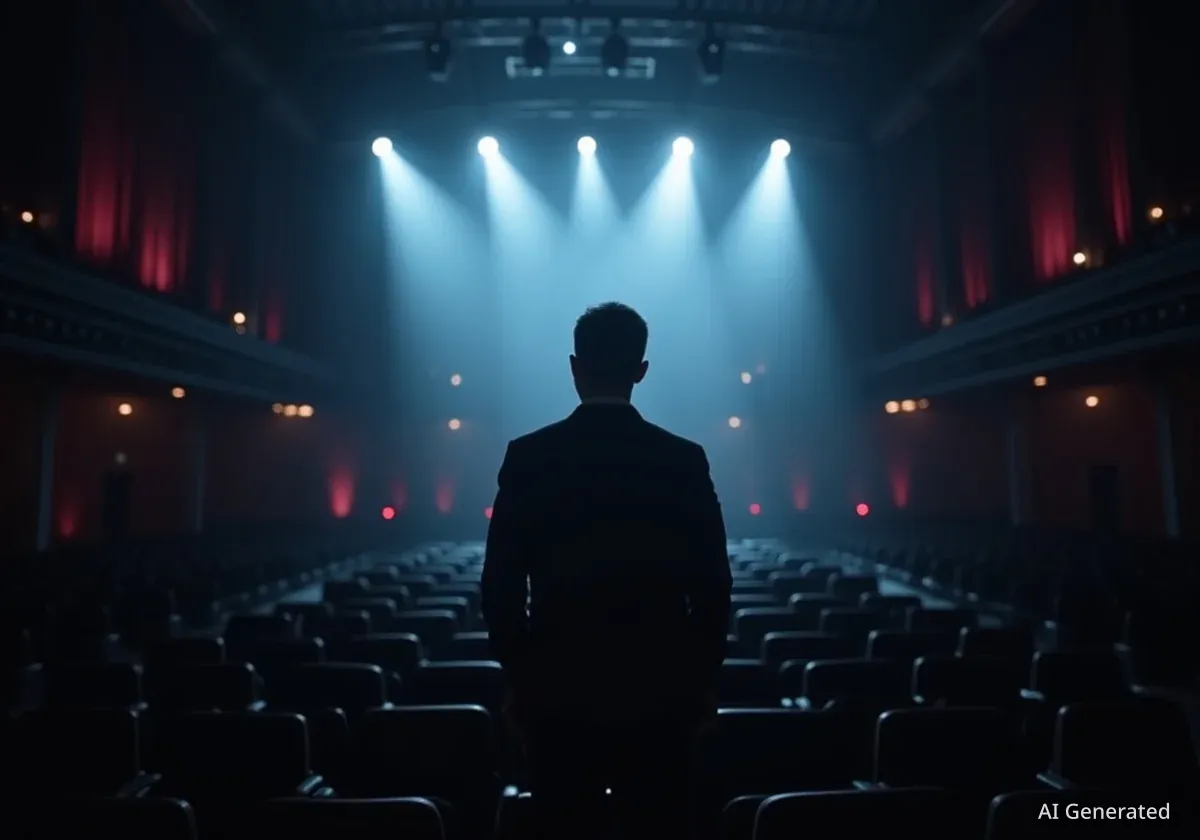A defamation lawsuit filed by rapper Drake against Universal Music Group (UMG) has been dismissed by Judge Jeannette A. Vargas. The lawsuit concerned lyrics in Kendrick Lamar's song "Not Like Us." Drake's legal team intends to appeal the decision.
Key Takeaways
- Judge Jeannette A. Vargas dismissed Drake's defamation lawsuit against Universal Music Group.
- The lawsuit alleged UMG defamed Drake by promoting Kendrick Lamar's "Not Like Us" track.
- The court ruled that the song's lyrics, in the context of a rap battle, were not verifiable facts.
- UMG expressed satisfaction with the dismissal, calling the suit "an affront to all artists."
- Drake's legal representatives plan to appeal the court's decision.
Drake's Defamation Claim Against UMG
Drake initiated legal action against Universal Music Group in January. The rapper claimed that UMG had defamed him. His lawsuit stated that the company knowingly promoted the song "Not Like Us" by Kendrick Lamar. This track contained allegations that Drake considered unfounded and damaging to his reputation.
The core of Drake's argument was that UMG, as his label, should not have supported the distribution of a song with such content. He alleged that the company's actions constituted defamation by association or promotion of false claims.
Key Fact
Drake's legal team filed the defamation lawsuit against Universal Music Group in January, specifically targeting the promotion of Kendrick Lamar's "Not Like Us" diss track.
Judge's Ruling on "Not Like Us" Lyrics
Judge Jeannette A. Vargas issued her ruling on Thursday. She determined that the lyrics in question were not defamatory. The judge concluded that a reasonable listener would understand the context of the song's release. This context was a highly publicized rap rivalry.
According to Pitchfork, Judge Vargas stated,
"Although the accusation that Plaintiff is a pedophile is certainly a serious one, the broader context of a heated rap battle, with incendiary language and offensive accusations hurled by both participants, would not incline the reasonable listener to believe that ‘Not Like Us’ imparts verifiable facts about Plaintiff."
This ruling highlights the legal distinction between artistic expression within a specific genre and factual statements. The court viewed the song as part of a competitive exchange between artists, rather than a literal assertion of facts.
Background on the Rivalry
The lawsuit stemmed from a long-standing and intense rivalry between Drake and Kendrick Lamar. Both artists released multiple "diss tracks" targeting each other. These tracks often featured strong language and personal accusations. "Not Like Us" was one prominent entry in this series of musical exchanges.
Universal Music Group's Response to the Dismissal
Universal Music Group responded to the court's decision with a statement. The company expressed its satisfaction with the dismissal of the lawsuit. UMG emphasized its role in supporting artistic expression.
UMG stated,
"From the outset, this suit was an affront to all artists and their creative expression and never should have seen the light of day. We’re pleased with the court’s dismissal and look forward to continuing our work successfully promoting Drake’s music and investing in his career."
This statement suggests that UMG saw the lawsuit as a challenge to the nature of creative freedom within the music industry. The company indicated its commitment to continuing its professional relationship with Drake despite the legal dispute.
The dismissal means that UMG can continue to promote Drake's music. It also reinforces the idea that the label will continue to invest in his career. This outcome allows the company to move forward without the legal cloud of the defamation claim.
Drake's Legal Team Plans Appeal
Following the dismissal, Drake's legal representatives announced their intention to appeal the ruling. They believe a higher court should review Judge Vargas's decision. This indicates that the legal battle may not be over.
Drake's lawyers stated,
"We intend to appeal today’s ruling, and we look forward to the Court of Appeals reviewing it."
An appeal process could extend the legal proceedings for months or even longer. It would involve presenting arguments to a higher judicial body. The outcome of an appeal could potentially reverse the current dismissal or lead to further legal actions.
Impact on Music Industry Legal Precedent
This case could set a precedent for future disputes involving artistic expression and alleged defamation in the music industry. The court's emphasis on the "broader context of a heated rap battle" is a significant point. It suggests that creative works, particularly within genres known for confrontational lyrics, may be viewed differently by the law than direct factual statements.
- Legal battles involving artistic content are often complex.
- The line between creative expression and defamation can be difficult to define.
- This ruling might influence how similar cases are handled in the future.
The decision underscores the importance of context in legal interpretations of artistic works. It highlights how the judiciary considers the specific environment in which controversial statements are made.
Fan Reactions to the Lawsuit Dismissal
Online discussions among Drake's fans have gone viral following the lawsuit's dismissal. A video showed fans arguing about the situation. Some fans expressed strong dedication, believing they needed to "combat misinformation" and "control the narrative" surrounding Drake.
One user in the viral clip stated, "Shut the f*ck up and get active." This user described themselves as being on the "frontlines." Another fan added, "They don’t know what it’s like to actually be out here out here."
These reactions show the deep engagement some fans have with artists' careers, even in legal matters. However, other social media users expressed surprise at this level of dedication. Many questioned the intensity of these fan responses.
Public Opinion on Fan Engagement
Social media users reacted with shock to the dedication shown by some Drake fans. One user commented, "I'm totally starting to believe some of these 'people' are getting paid to do this bc there's NO WAY." This sentiment suggests disbelief at the level of personal investment.
Another user wrote, "If I ever find myself online telling people they didn’t defend Dot enough, someone please tell me to log out lol do these people not have families? Or jobs? Lol like what?" This highlights a common perspective that such intense online advocacy may be excessive.
The online debate around the lawsuit and fan reactions underscores the evolving nature of celebrity culture. It also shows how deeply fans can become involved in public disputes involving their favorite artists. This engagement often extends beyond music into personal and legal affairs.
Sales Impact
Following the lawsuit's dismissal, Kendrick Lamar's "Not Like Us" experienced a spike in chart performance. This demonstrates the commercial impact that high-profile legal and personal disputes can have on music sales and streaming.
